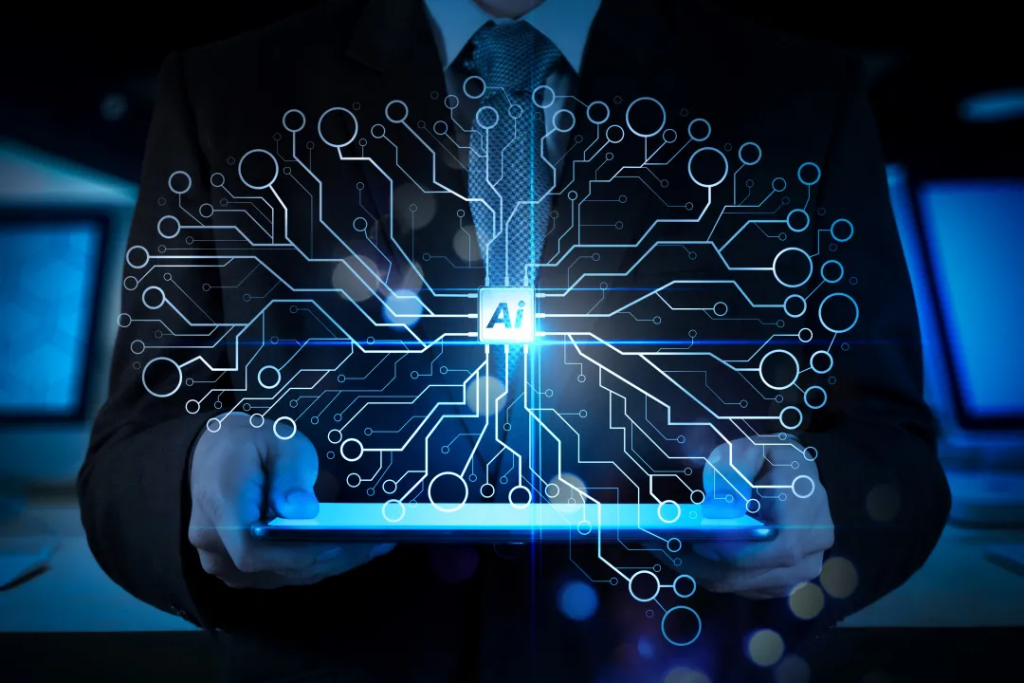
The rapid advances in artificial intelligence (AI) indeed raise important questions regarding intellectual property (IP) regulations. Let’s address your two specific queries:
- Can artificial intelligence be listed as the inventor of a patent? Currently, most IP systems require a human inventor to be listed in patent applications. This is because the concept of inventorship is linked to human ingenuity and creative contribution. However, there have been discussions and debates around the world about whether AI can be recognized as an inventor. Some argue that if an AI system autonomously generates an invention without human involvement, it should be considered the inventor. Others believe that AI is merely a tool used by humans and that human inventors should still be credited. As of now, the majority of IP offices and laws maintain the requirement for human inventors, but the issue is subject to ongoing legal and policy discussions.
- What happens when copyrighted works are used in machine learning? When copyrighted works are used in machine learning, there are considerations related to fair use, licensing, and permission. The use of copyrighted material for training AI models may require authorization from the copyright holder, unless it falls under an exception like fair use or a specific licensing agreement. Fair use allows limited use of copyrighted material for purposes such as criticism, comment, news reporting, teaching, scholarship, or research. However, the interpretation and application of fair use can vary across jurisdictions. Additionally, some datasets used for training AI models are created with licenses that allow their use in machine learning applications. It is essential for AI practitioners and developers to be aware of copyright laws and obtain the necessary permissions or licenses to ensure compliance.
The intersection of AI and intellectual property is a complex and evolving area. Laws and regulations will need to adapt to keep pace with technological advancements. As AI continues to progress, discussions around inventorship, ownership, and the impact on IP laws will play a crucial role in shaping the future landscape of intellectual property.
